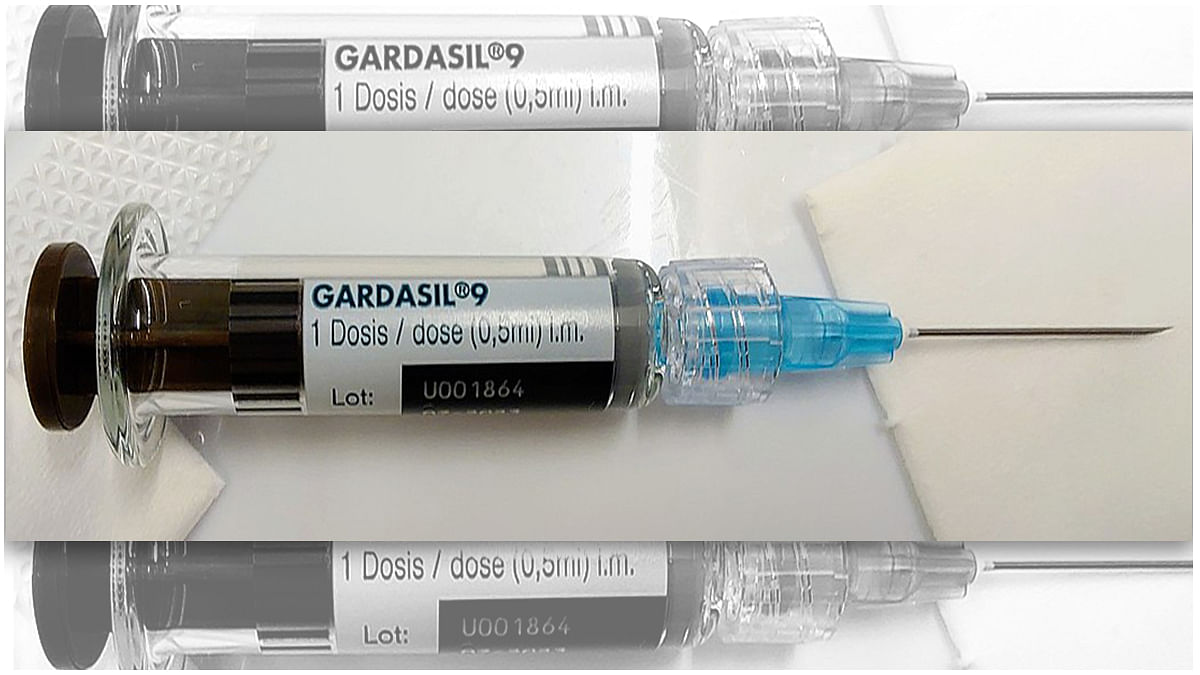Bengaluru: A peer-reviewed study published in Scotland has found that the human papillomavirus (HPV) vaccine was effective in preventing the onset and development of cervical cancer in women. HPV is a widespread virus that spreads through sexual contact, and is thought to be responsible for a majority of cervical cancer cases among women.
The findings come from a vaccine programme rolled out in Scotland for girls aged 12-13 in 2008, who indicated no presence of the cancer in the follow-up. The results are promising for the vaccine, which offers the only known protection against developing cervical cancer.
While previous studies on the HPV vaccine’s effectiveness have shown positive results, this is the first trial to have a cohort that is 100 percent without cancer. Scientists part of the study also found that one or two doses confer(s) immunity against invasive cancer when administered at a young age, while older women would require three doses for full protection.
The study was conducted by Public Health Scotland, the national health agency, in collaboration with University of Strathclyde and University of Edinburgh and published in the journal JNCI: Journal of the National Cancer Institute.
The cancer of the cervix does not present initial symptoms until it progresses over a span of five to ten years, after which it results in symptoms such as vaginal bleeding and pelvic pain. It is diagnosed through regular cervical screening and Papanicolaou test (pap smear).
Cervical cancer can be treated just like any other cancer — through radiation, chemotherapy, immunotherapy, and surgery — with a nearly 50 percent five-year post-diagnosis survival rate. Like with all cancers, early detection offers longer survival.
The HPV vaccines available today are known to protect against HPV-16 and HPV-18, two of the nine types of known strains, that cause nearly all cases of cervical cancer. HPV vaccines are also thought to protect from vaginal and anal cancers, vulvar cancer, and HPV throat cancers. They also prevent warts. Some vaccines can also protect against HPV-6 and HPV-11.
Vaccination is recommended for girls aged 9 and above, and is ideally recommended before a person becomes sexually active. No link to serious adverse effects have been found to date. Since they were first recommended in 2006, HPV vaccines have been included in 125 countries’ vaccination programmes for young adolescents.
Apart from preventive vaccines, researches and biopharmaceutical companies are also working to produce a therapeutic vaccine for cervical cancer.
(Edited by Amrtansh Arora)
Also Read: India denies nod to ‘1st-ever weekly insulin’ for diabetics, seeks more info from maker Novo Nordisk

